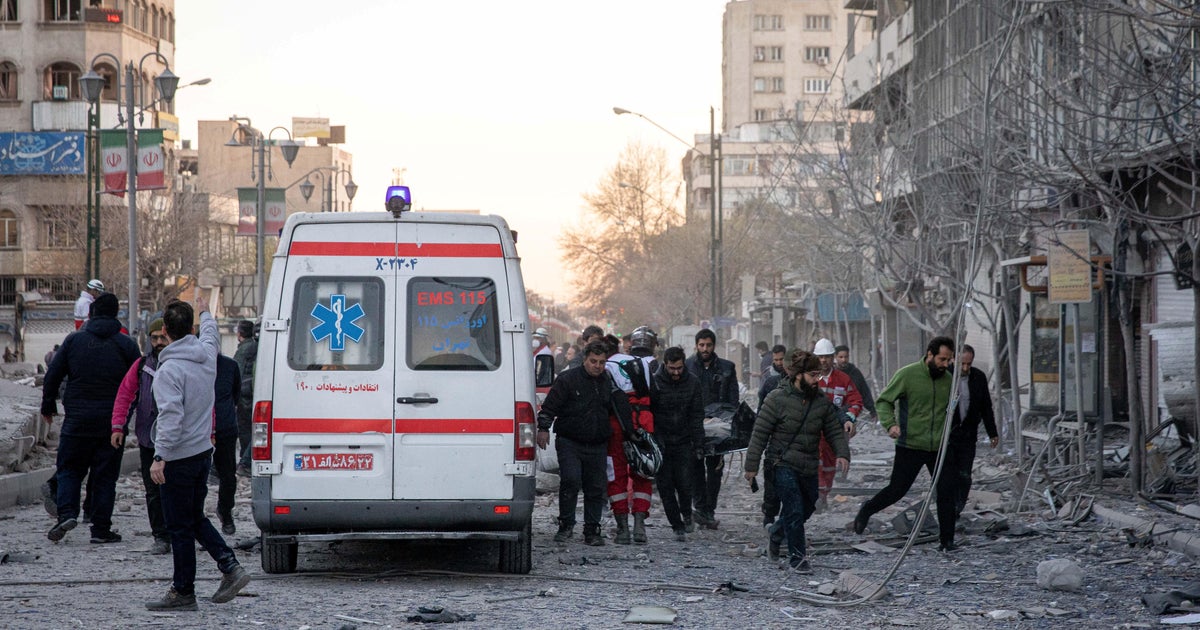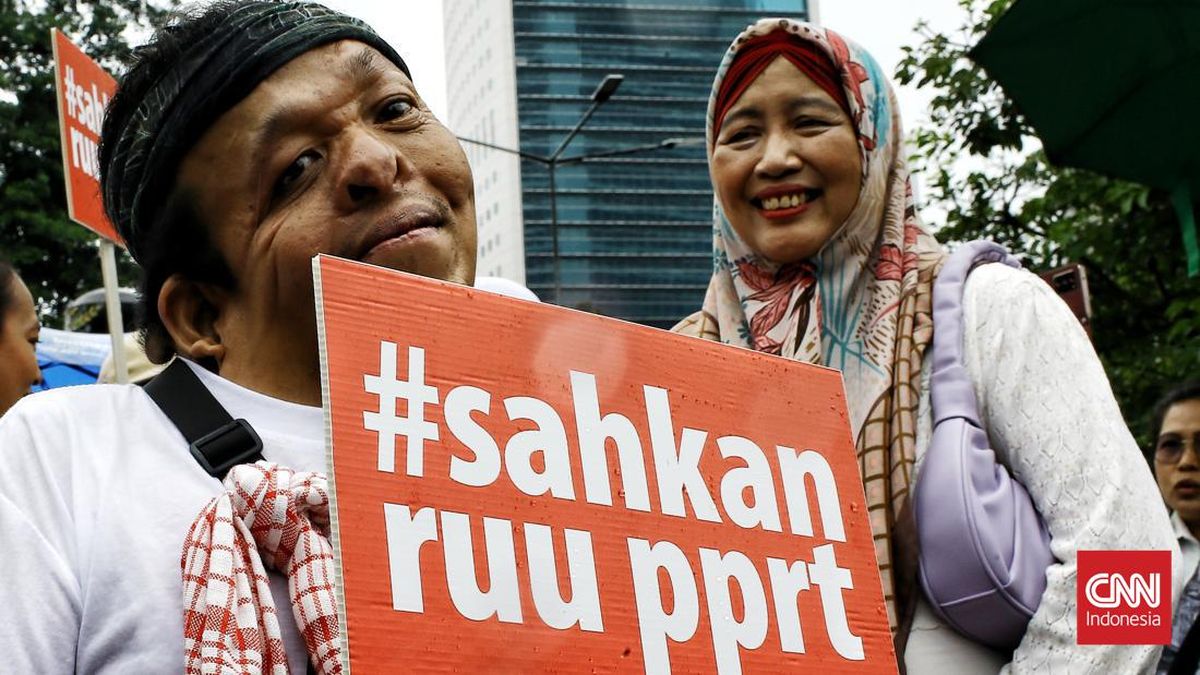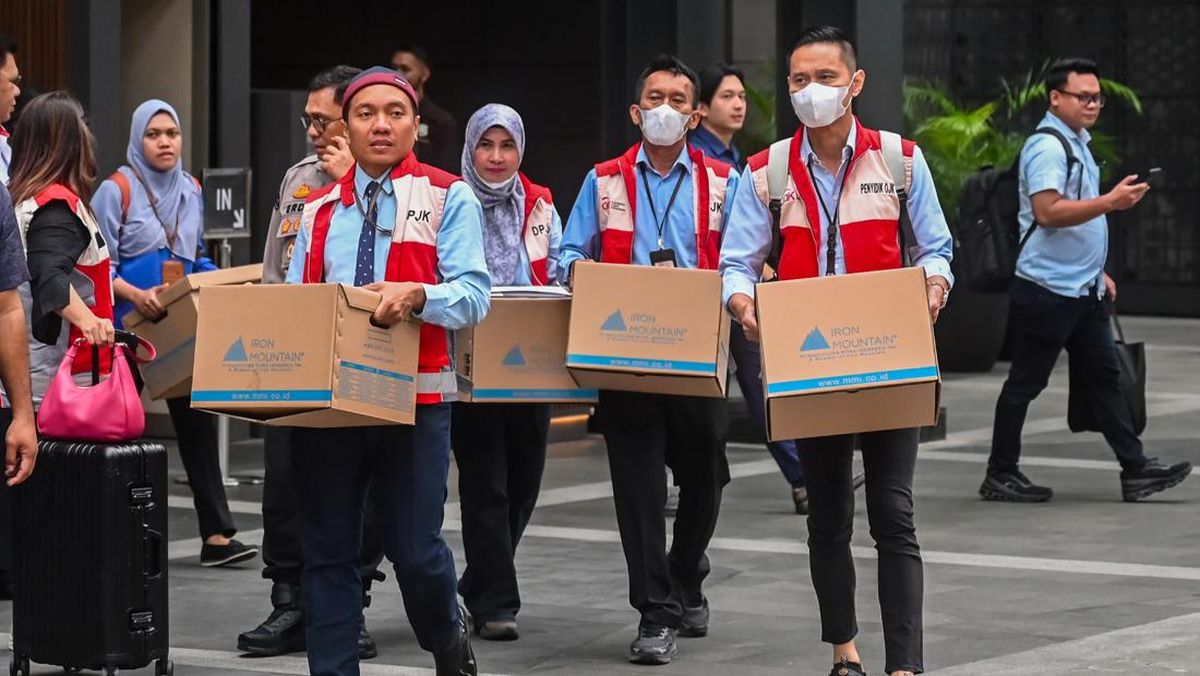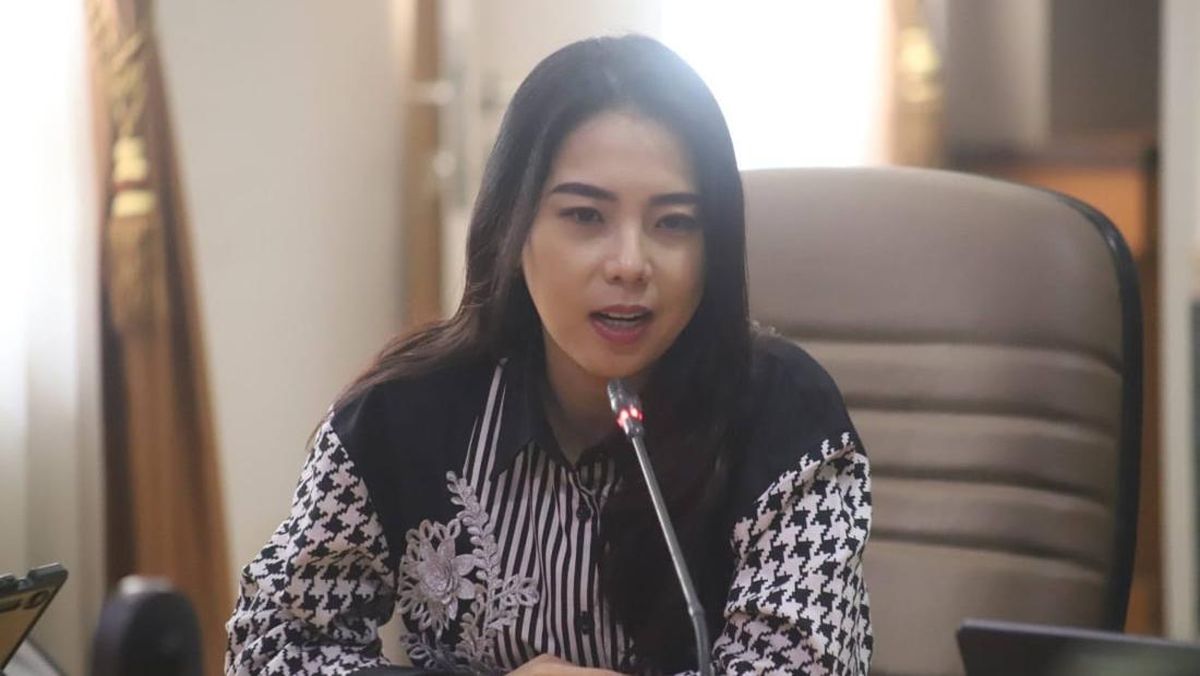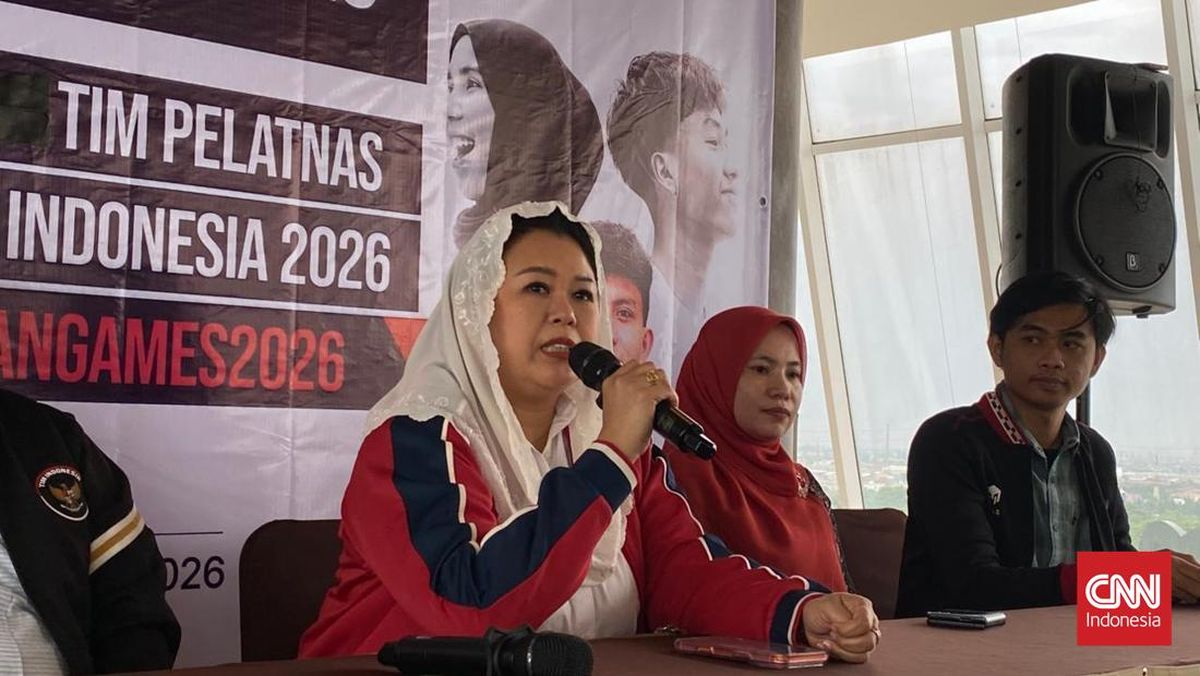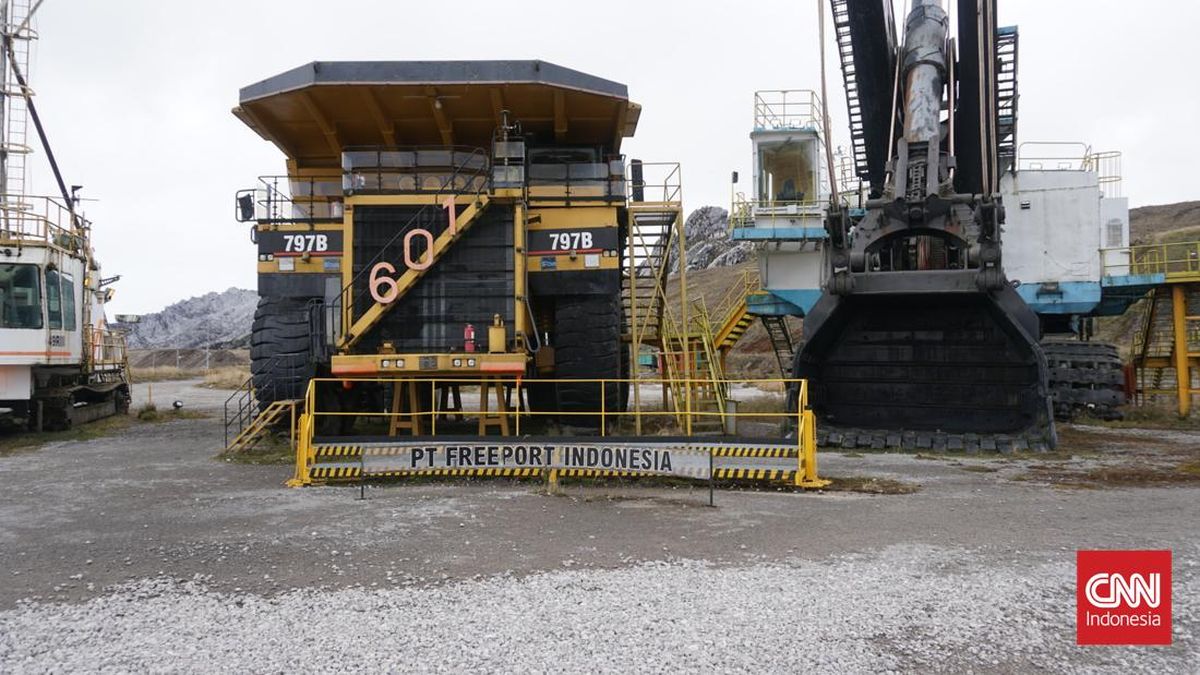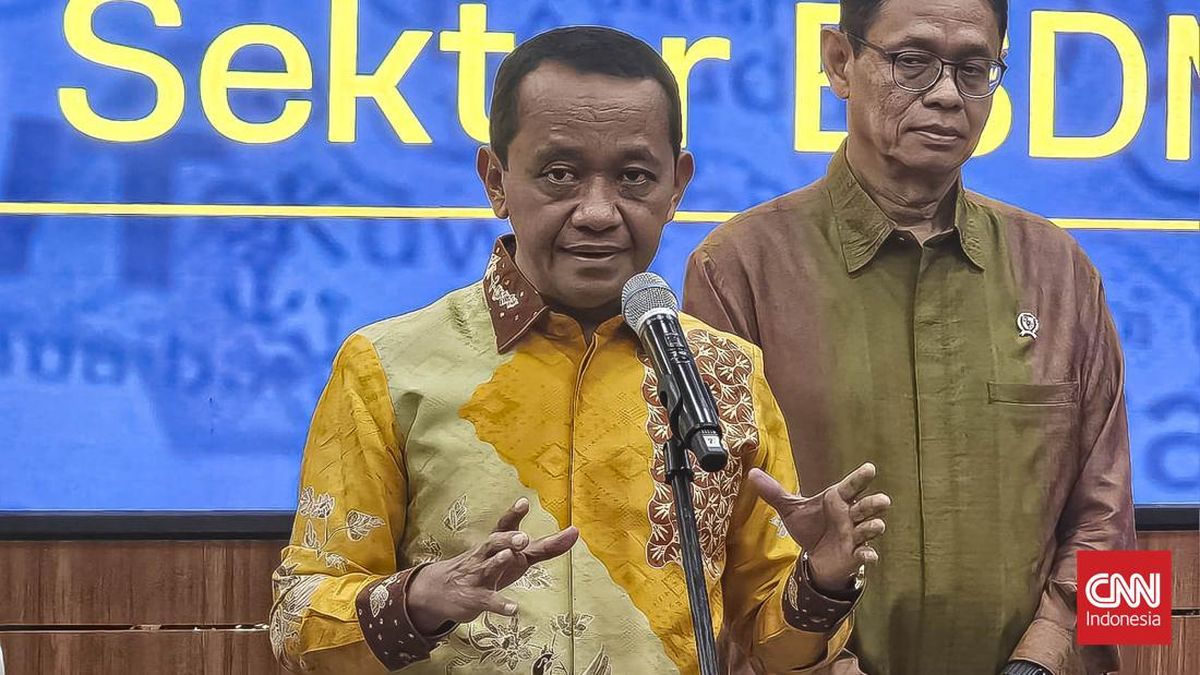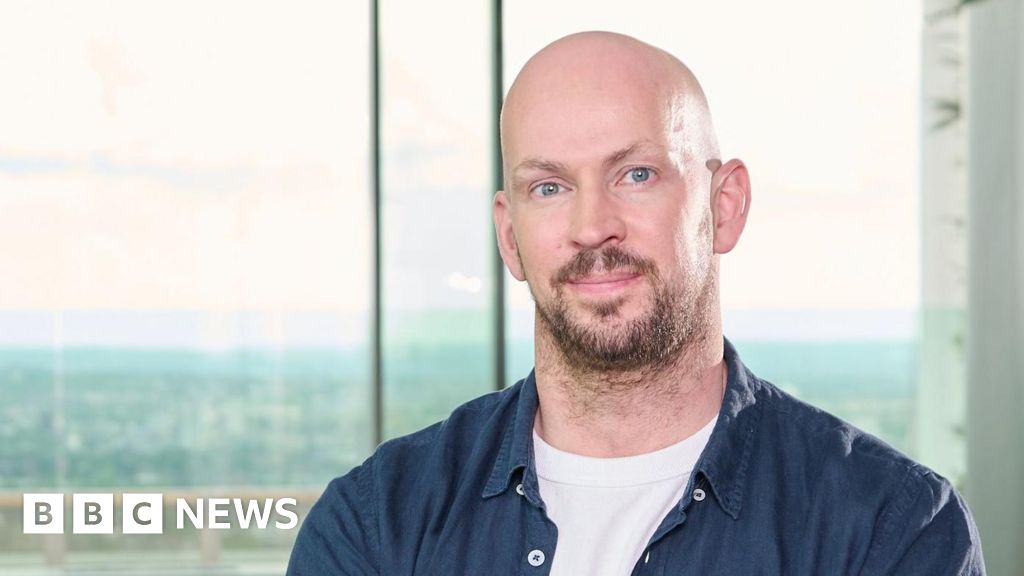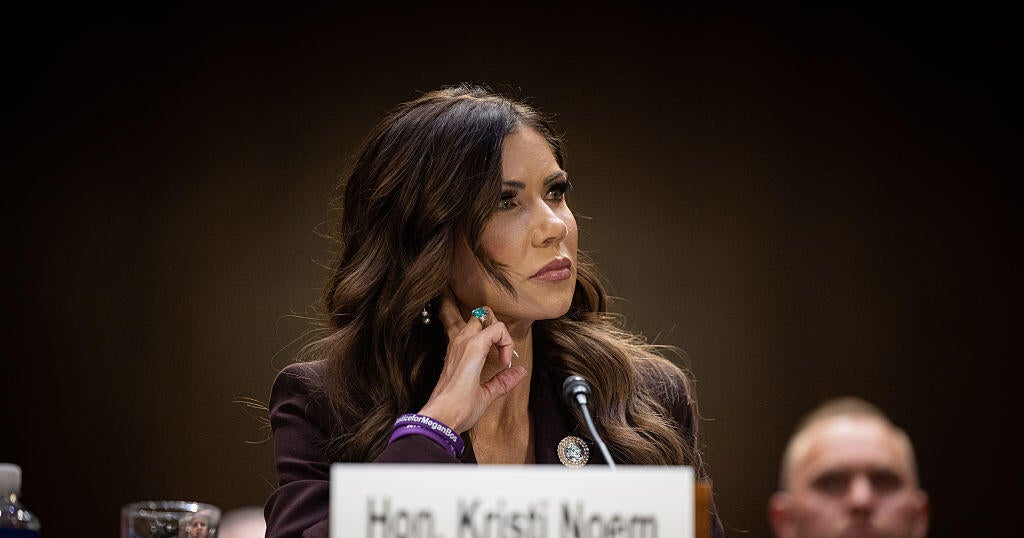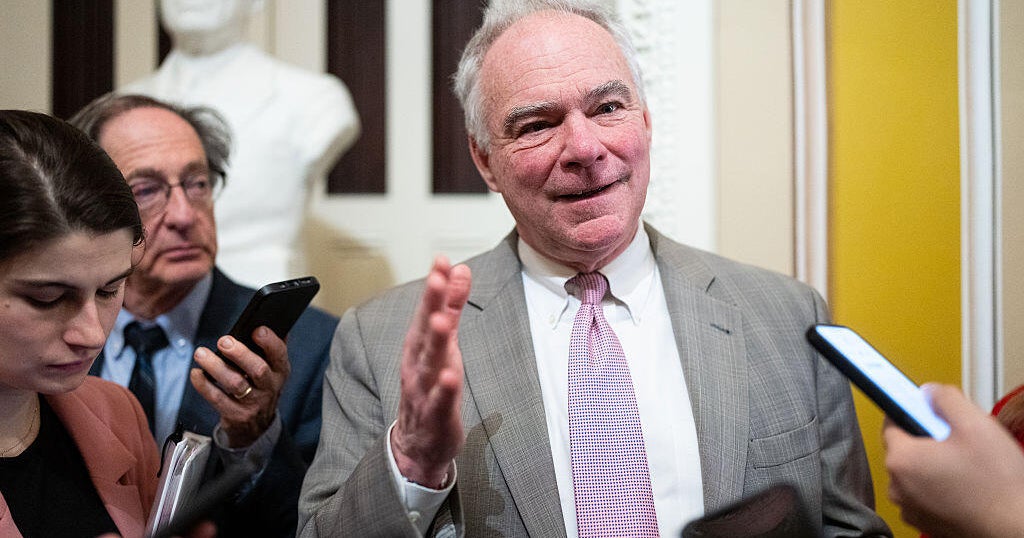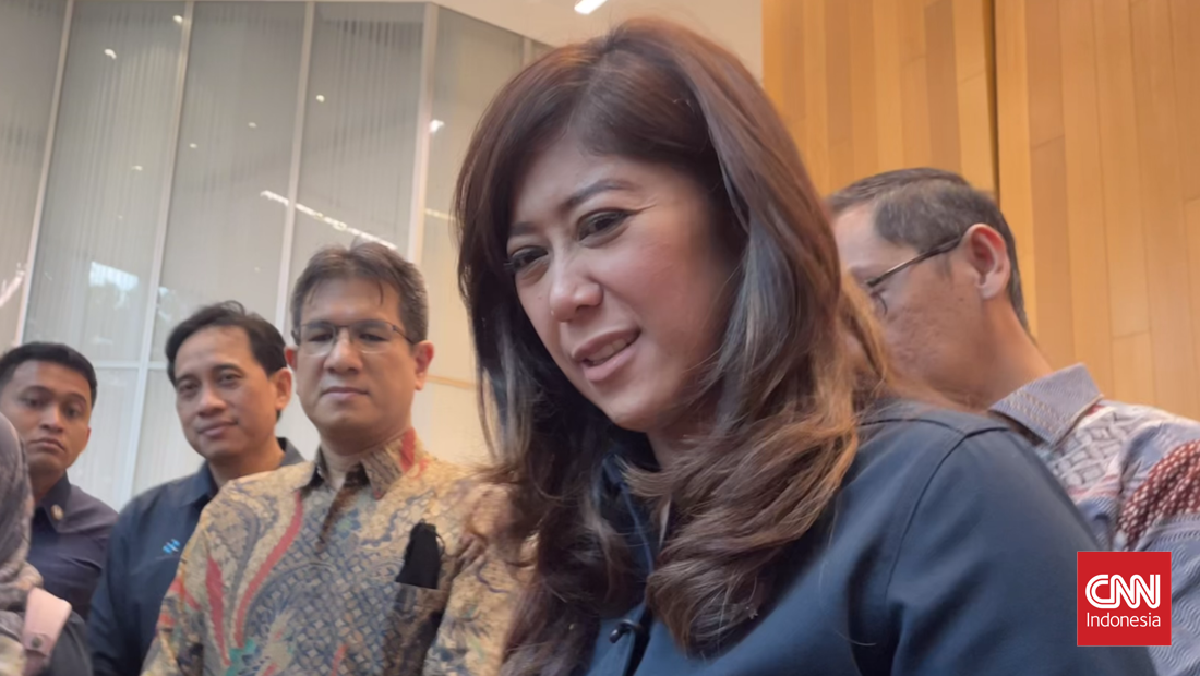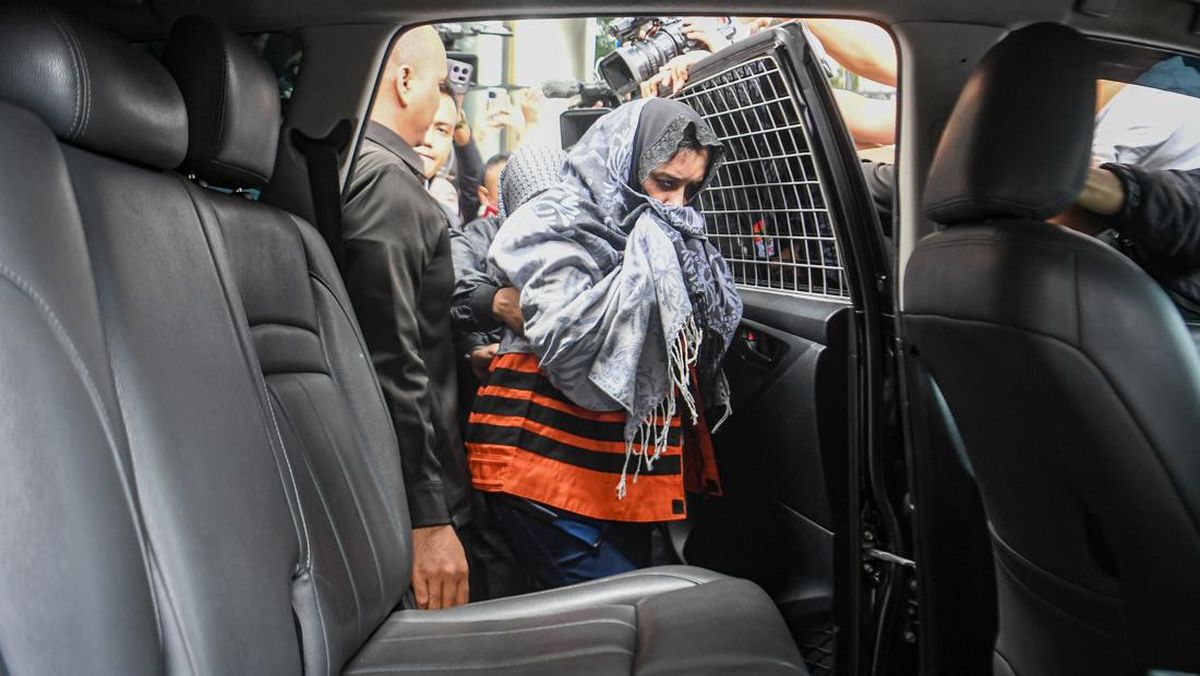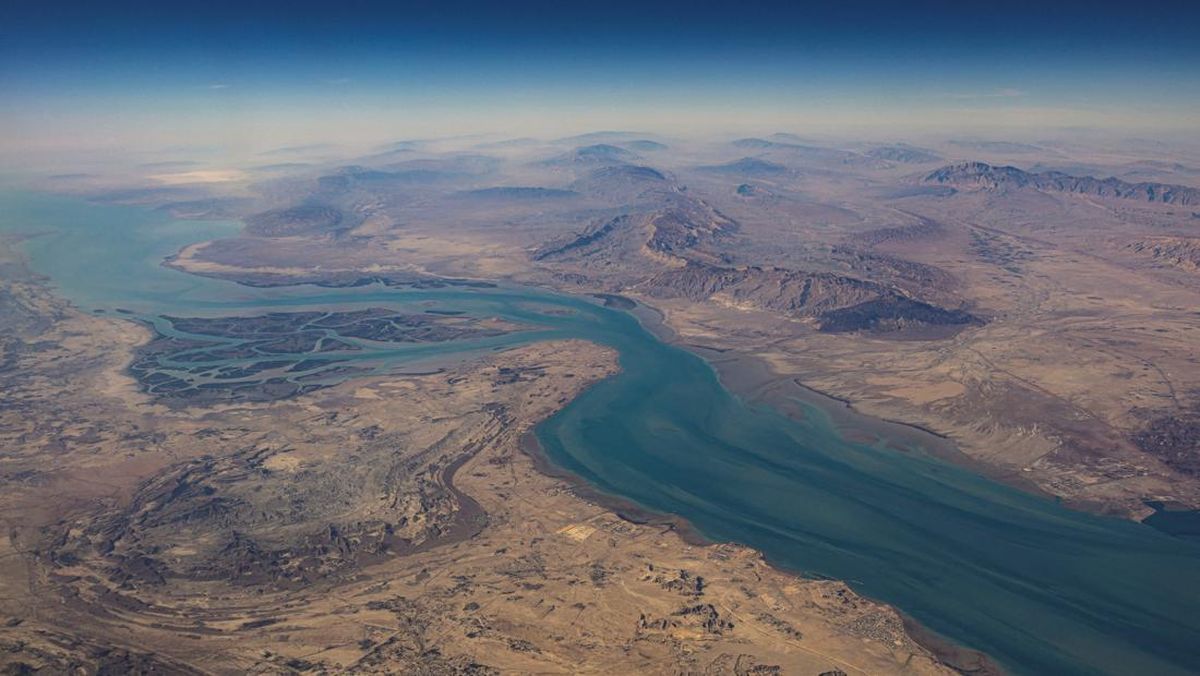To me, an Australian person of colour, Mamdani’s New York victory is a game-changer
Opinion
November 6, 2025 — 7.51pm
November 6, 2025 — 7.51pm
For most of my life, politics has felt like something that belonged to someone else. To the well connected. To the “born to lead”. To those whose last names open doors that others have to knock on for generations.
As a woman of colour, I’ve watched politics through both pride and distance – proud of every “first,” but aware of how lonely and fragile those firsts can be.

Zohran Mamdani’s victory was about “ordinary people deciding that power could and should look like them”.Credit: AP
So when Zohran Mamdani was elected New York City’s first Muslim and South Asian mayor, and Ghazala Hashmi became Virginia’s first Muslim woman lieutenant governor, I felt something shift. Not just for representation, but for power itself.
Because their victories weren’t about elites finally letting new faces in. They were about ordinary people deciding that power could and should look like them.
Mamdani is the son of immigrants. Before politics, he was a housing organiser, a tenant advocate, a man who spent years fighting eviction notices alongside working-class families. Hashmi, an educator, spent decades in classrooms before she ever set foot in a campaign office. Neither inherited power; both built it from the ground up, sustained by the people who knew what it meant to be unseen.
Loading
Their wins are proof that politics doesn’t have to belong to the professional politician. It can – and should – belong to the teacher, the cleaner, the nurse, the housing worker, the farmer, the youth mentor, the carer. To those whose fingerprints are on the country, even if their names are not on the ballot.
When Mamdani stood before his community in Queens and declared that the people had “toppled a political dynasty”, he wasn’t just speaking about New York. He was reminding the world that democracy isn’t made in marble halls – it’s built in the streets, classrooms, and kitchens of those who live its consequences every day.
And that’s where the lesson for Australia lies.
We often call ourselves the “land of the fair go”, yet our corridors of power sometimes look remarkably uniform. There are still people in our parliament who have been bred for power, not built by community. Politics here has become a profession, not a service.
But the truth is: power doesn’t belong to the elite, or even the self-made “outsider” who learns to play by their rules. Power belongs to the people who keep the country running when the cameras are gone – the ones who clean our hospitals, drive our buses, feed our families and hold up communities when policy fails them.
And that’s what we sometimes forget in Australia.
We’ve allowed politics to be treated as something distant, something done to us rather than with us. We’ve mistaken visibility for voice and tokenism for transformation. But when you look at elections such as Mamdani’s, you see what happens when ordinary people decide to claim what was always theirs – a seat at the table, not as guests, but as hosts.
Our democracy will deepen only when those who have lived the hardest truths are trusted to lead. When the policymaker has known what it means to choose between rent and food. When the education leader has stood in an overcrowded classroom and seen the spark in a child’s eyes dim for lack of opportunity. When the housing spokesperson has faced eviction and felt the weight of a door closing behind them. When those shaping disability policy are not just “experts”, but Australians with disabilities and their carers.
That is when democracy stops being an institution and starts becoming a mirror. A reflection of who we are and who we could be.
Loading
The victories of Mamdani and Hashmi remind us: the future of politics isn’t about adding new faces to old power. It’s about redistributing power itself – about transforming who gets to decide, who gets to be heard and who gets to lead.
And maybe that’s what this moment is – a quiet shift in the pulse of power – rising from the hands that have built this country, fed it, taught it and healed it.
Because when the people who have been ignored begin to govern, politics stops being a game of access – and becomes an act of service, an act of justice. An act of love.
Satara Uthayakumaran is Australia’s youth representative to the United Nations for 2025.
Get a weekly wrap of views that will challenge, champion and inform your own. Sign up for our Opinion newsletter.
Most Viewed in National
Loading

